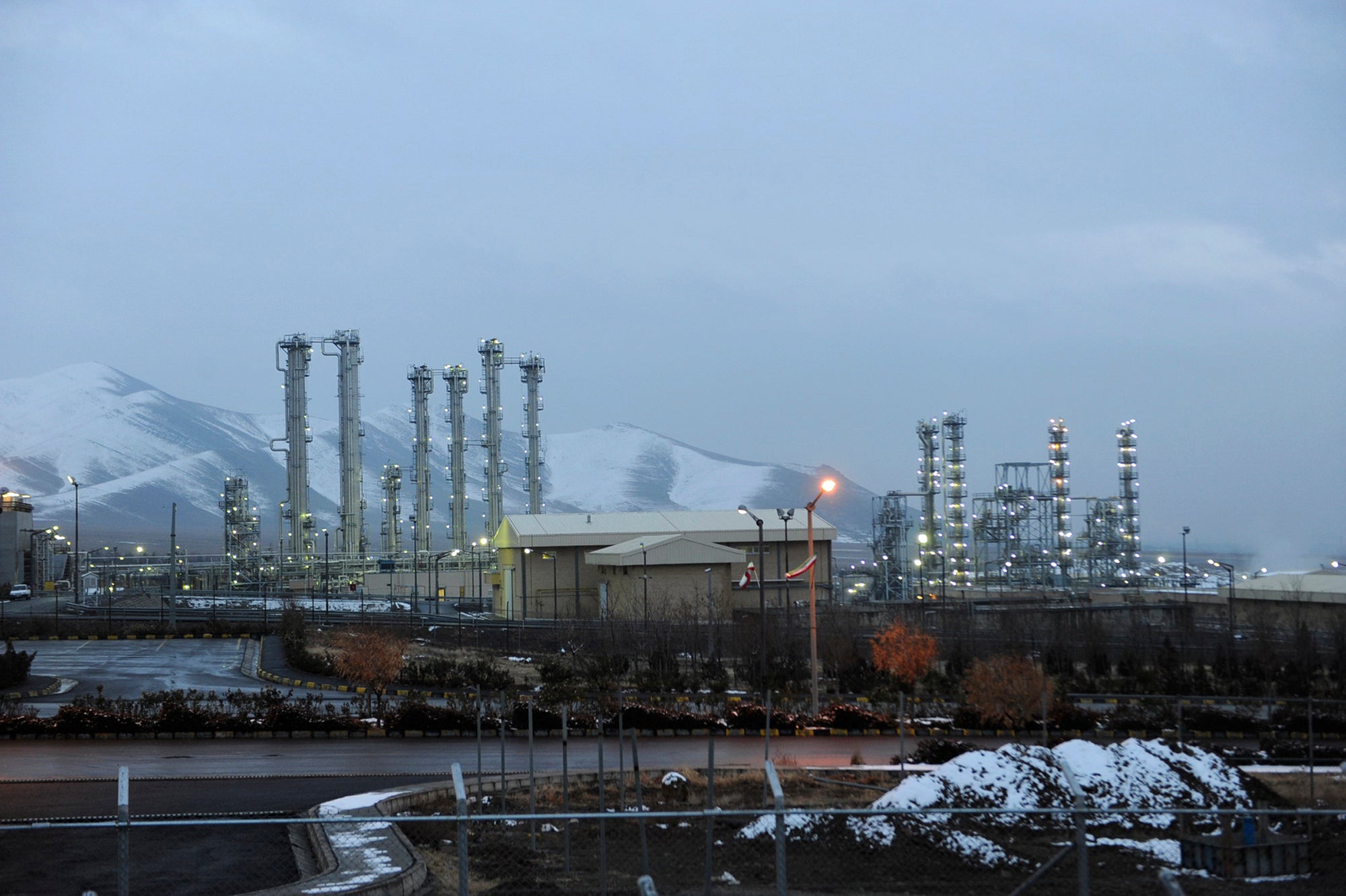US, Iran expected to begin indirect nuclear talks in Vienna
Efforts to bring the United States back into the 2015 deal on Iran’s nuclear program are to step up a gear as Iran and the five world powers remaining in the accord meet in Vienna while the U.S. is due to start indirect talks with Tehran

Efforts to bring the United States back into the 2015 deal on Iran s nuclear program are to step up a gear on Tuesday as Iran and the five world powers remaining in the accord meet in Vienna while the U.S. is due to start indirect talks with Tehran
Friday's announcement that Washington and Tehran would begin indirect talks through intermediaries was one of the first signs of tangible progress in efforts to return both nations to the terms of the accord, which bound Iran to restrictions in return for relief from U.S. and international sanctions.
Then-President Donald Trump pulled the U.S. out of the accord in 2018, opting for what he called a maximum-pressure campaign of stepped-up U.S. sanctions.
Since then, Iran has been steadily violating the restrictions of the deal, like the amount of enriched uranium it can stockpile and the purity to which it can enrich it. Tehran’s moves have been calculated to put pressure on the other nations in the deal — Russia, China, France, Germany and Britain — to do more to offset crippling sanctions reimposed under Trump.
President Joe Biden came into office saying that getting back into the accord and getting Iran’s nuclear program back under international restrictions was a priority. But Iran and the United States have disagreed over Iran’s demands that sanctions be lifted first.
Senior foreign ministry officials from the countries still in the accord, the so-called Joint Comprehensive Plan of Action, are holding a European Union-chaired meeting Tuesday in Vienna.
Also due in the Austrian capital is a U.S. delegation headed by the administration's special envoy for Iran, Rob Malley. State Department spokesman Ned Price said talks will be structured around working groups that the Europeans will form with the other parties to the accord.
Price said on Monday the talks are a “healthy step forward” but added that "we don’t anticipate an early or immediate breakthrough as these discussions, we fully expect, will be difficult.”
“We don’t anticipate at present that there will be direct talks with Iran," he said. “Though of course we remain open to them. And so we’ll have to see how things go starting early this week.”
Iranian Foreign Minister Mohammad Javad Zarif wrote on Twitter Friday: “No Iran-US meeting. Unnecessary.”
A statement issued after parties to the accord met virtually on Friday said the aim of their meeting Tuesday is to “clearly identify sanctions lifting and nuclear implementation measures, including through convening meetings of the relevant expert groups.”